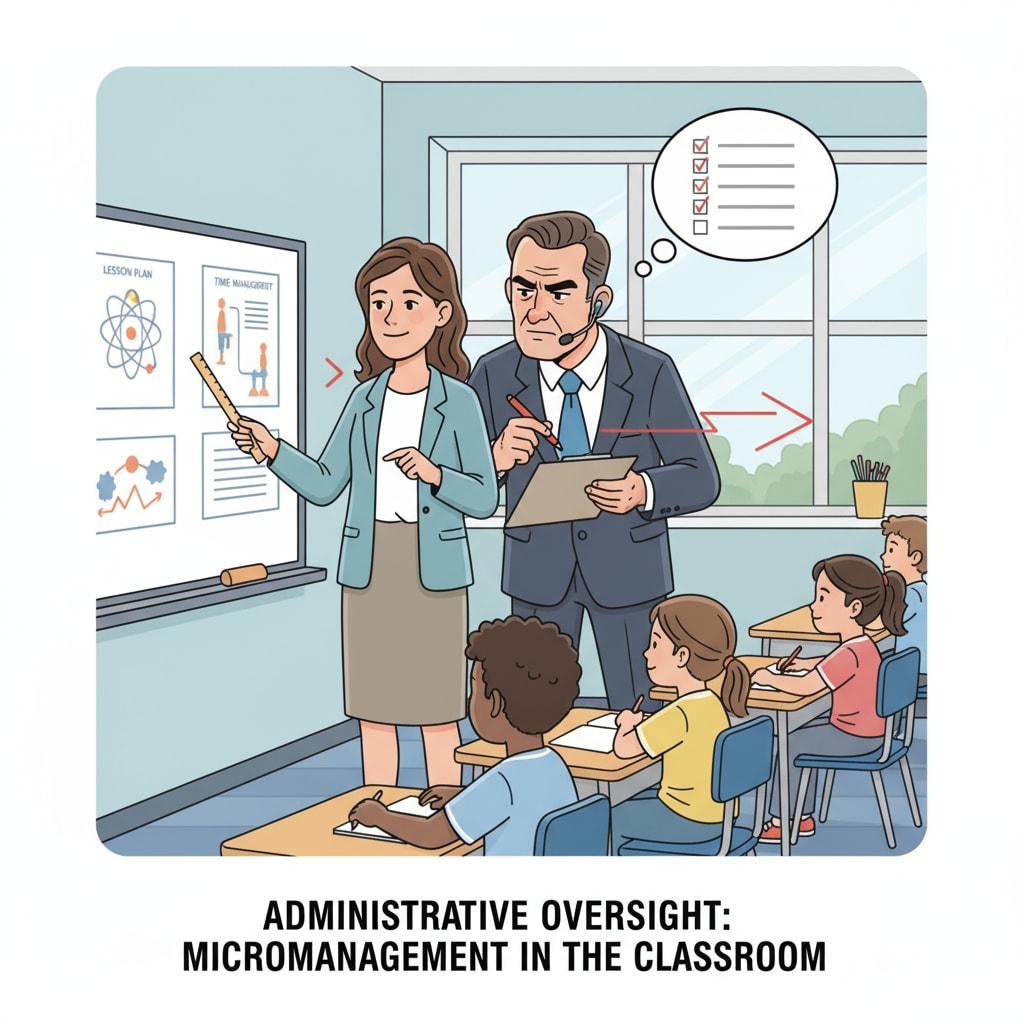In the realm of K12 education, data recording, micromanagement, lesson planning, and administrative supervision are key elements that shape the teaching and learning environment. The relationship between administrative management and teacher professional autonomy is a complex one, often filled with tension.
The Impact of Data Recording Requirements
Data recording has become an integral part of modern education. Schools now require teachers to record various aspects of student performance, attendance, and behavior. While this data can provide valuable insights into student progress, it also places an additional burden on teachers. For example, teachers may have to spend hours each week inputting data into systems, which could otherwise be used for lesson planning or interacting with students. According to the National Education Association, excessive data recording can lead to teacher burnout and a decrease in the quality of instruction.

Micromanagement and Its Consequences
Micromanagement in K12 education refers to the excessive control administrators exert over teachers’ daily activities. This can include dictating teaching methods, the content of lesson plans, and even the pacing of instruction. Micromanagement often stifles teacher creativity and autonomy. Teachers are professionals who have spent years studying education and developing their teaching styles. When they are not allowed to make decisions about their classrooms, it can lead to a lack of motivation and job satisfaction. A study by ASCD found that teachers who experience micromanagement are more likely to leave the profession.

Administrative supervision is necessary to ensure that schools are operating effectively and that students are receiving a quality education. However, when supervision becomes overly intrusive, it can have a negative impact on teachers. For example, constant unannounced observations can make teachers feel anxious and self-conscious, which may affect their teaching performance. On the other hand, well-planned and supportive supervision can provide teachers with valuable feedback and help them improve their practice.
Readability guidance: As we’ve seen, data recording, micromanagement, and administrative supervision all have their pros and cons in the K12 education system. It’s crucial to find a balance. For instance, schools can reduce excessive data recording by focusing on the most relevant information. Regarding micromanagement, administrators should trust teachers’ professional judgment and provide them with more autonomy in lesson planning. In terms of supervision, it should be a collaborative process that aims to support teachers rather than intimidate them. By doing so, we can create a more positive and productive educational environment for both teachers and students.


